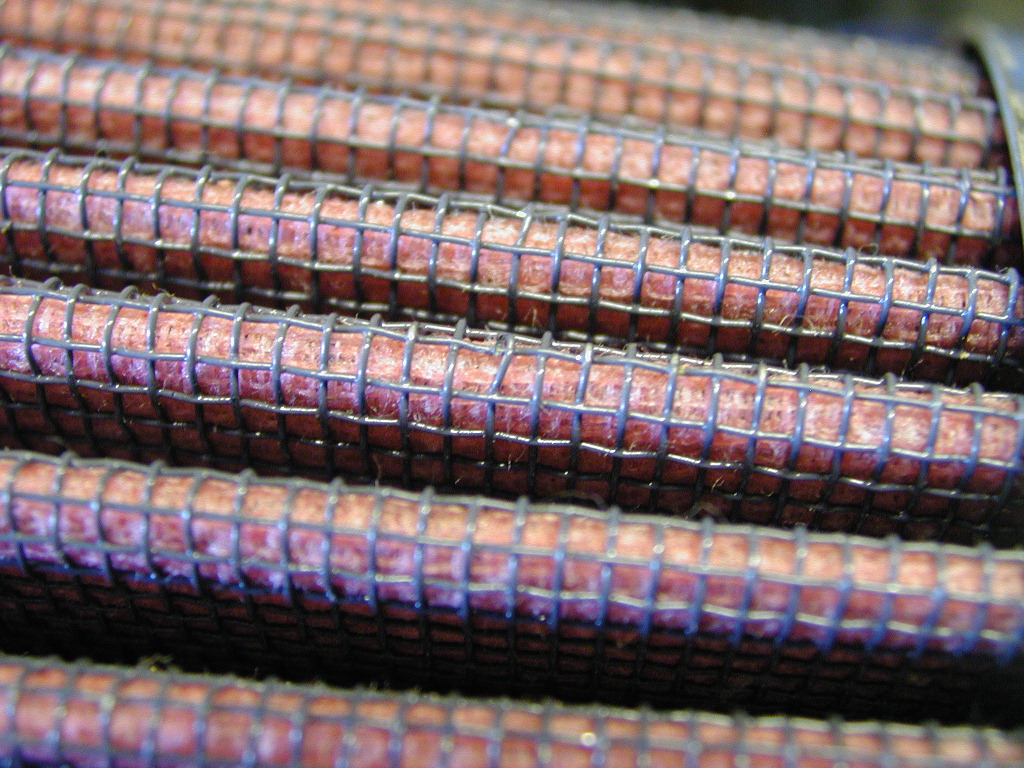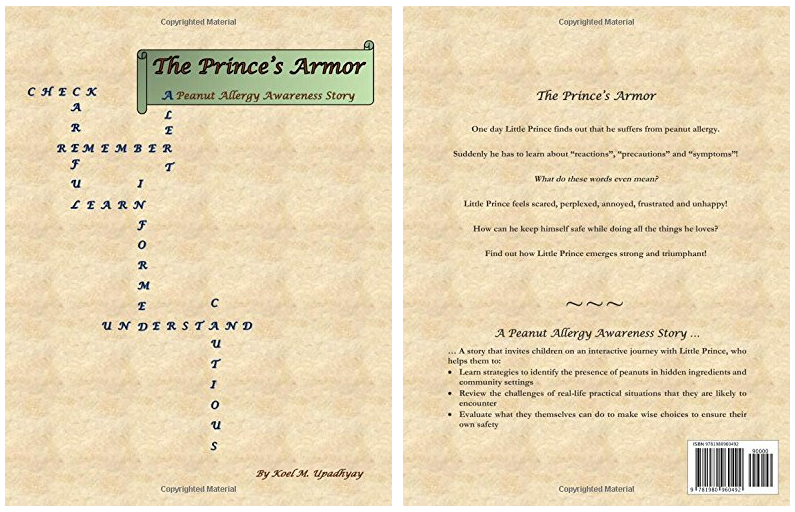My allergist says an air purifier may help with my environmental allergies. How do I find the right one?
An air purifiers can be a great addition to a home or bedroom of someone with environmental allergies. The goal of an air purifier is to suck in air through a filter, trap dust and allergens and then blow the clean air back out into the room.
They can cost anywhere from a hundred dollars to a thousand. There are several makes, models and sizes of air purifiers available and which one is best for you depends upon your own needs.
A couple of tips to help you get started:
Find the right “type” of air purifier.
There are several different types of air purifiers available.
Hepa: HEPA filters employ a cloth type filter that can trap 99.9% of particles 0.3 microns or larger in size, and a fan to move air through the machine. These purifiers are deemed the best for trapping allergens but do not work for chemicals and smoke.
Ozone: Ozone is a highly reactive oxidant that destroys certain bacteria and chemicals, however the substances are broken down into other materials that are also pollutants. These purifiers are extremely effective against odors but not as effective against allergens.
Carbon: The most absorbent filter on the market today; activated carbon air filters consist of a system of pores that are tiny in size. These highly adsorbent pores chemically react to particles that pass through them causing the particles and odors to bond with the carbon. These purifiers work well with smoke, chemicals and gases but are not effective on allergens.
Ionic: Ionic air purifiers do not have a cloth filter like the HEPA machines. They work by “ionizing” the air, causing particulates to gain a positive or negative charge. An air ionizer contains collection plates that have an opposite charge from the particles in the air, so the particles are drawn to the collection plates. These purifiers can remove small particles from a room but do not work on odors.
Always purchase the right size air purifier for your room or home.
Using one that is too small will not clean the air as efficiently and may even cause your unit to wear out more quickly.
Wash, vacuum or replace filters regularly.
Follow the instructions with your unit. Most will tell you whether and how often you need to wash, vacuum or replace your filters. Some filters are more expensive than others. If you can wash yours, you may save money over time.
Run your air purifier while you are dusting, vacuuming and cleaning.
Any time you disturb dust in your home you should run your air purifier.
Close the windows!
Common sense right? Many of us have forgotten we have a window open and have run our air purifier. Close all doors and windows when running your unit to prevent drawing dirty air inside.
You can find an air purifier online and in many stores – ranging from department stores like Sears to home improvement stores like The Home Depot or Lowe’s.
Some brands and models receiving high marks online are:
IQAir HealthPro Plus es.t $900
Austin Air HealthMate est. $450
Honeywell Enviracaire 50250-N est. $185
____________________________________________________________________________
Have an allergy or gluten free related question for us?
Click on Allergy Questions Answered to submit your question or contact us via email.






COMMENTS